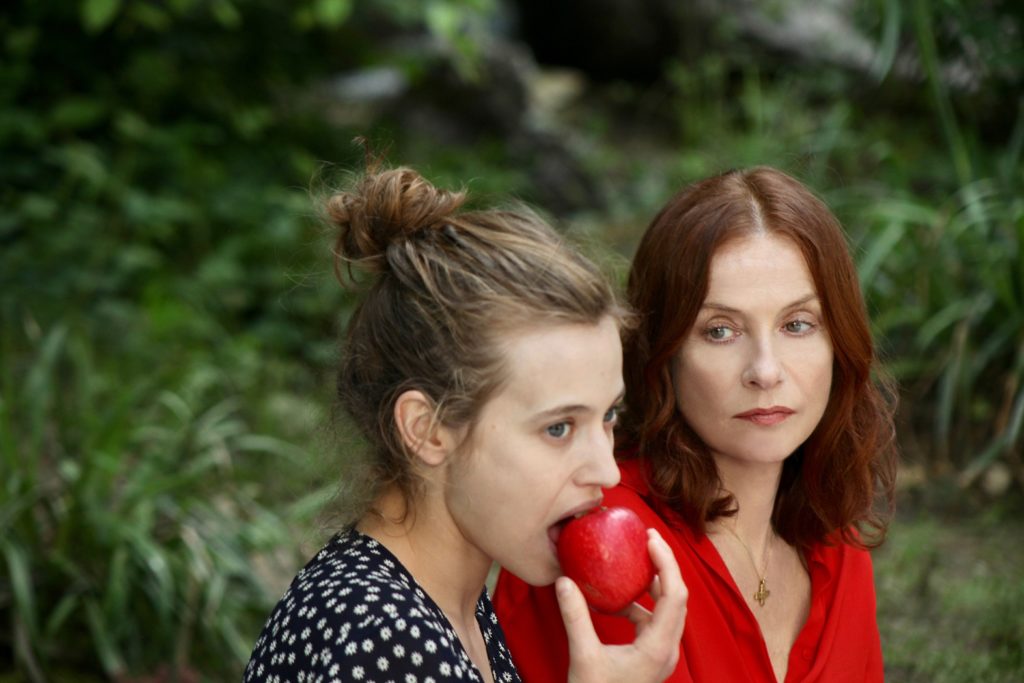Anne Fontaine started her career as a dancer and actor. She made her feature directorial debut with 1993’s “Love Affairs Usually End Badly,” which won France’s Prix Jean Vigo Award. Her other films include “Coco Before Chanel,” “Gemma Bovery,” and “The Innocents.”
“White as Snow” will premiere at the 2019 Tribeca Film Festival on April 27.
W&H: Describe the film for us in your own words.
AF: A stroll through our old cultural archetypes — such as “Snow White” — through the eyes of a young and modern woman.
W&H: What drew you to this story?
AF: I just wanted to explore the idea of a woman who frees herself from conventions and decides to choose her own life. The fairy tale framework seemed like the right way to make it [resonate].
W&H: What do you want people to think about when they are leaving the theater?
AF: It’s not so much that I want them to “think” anything in particular, but rather ask themselves a few questions, like “Are my relationships truly reflecting who I am?” and “Am I exercising as much freewill in my life as I believe I do?”
W&H: What was the biggest challenge in making the film?
AF: To strike the right balance between the allegorical nature of the tale and the sense of reality dictated by the contemporary issues at stake.
W&H: How did you get your film funded? Share some insights into how you got the film made.
AF: Like most French films, this one was funded by pay TV (25 percent), free TV (15 percent), distribution Minimum Guarantee (30 percent), tax credit (20 percent), and deferments (10 percent).
W&H: What inspired you to become a filmmaker?
AF: The need to be my own boss.
W&H: What’s the best and worst advice you’ve received?
AF: Best advice: Don’t listen to advice.
Worst advice: Listen to me.
W&H: Name your favorite woman-directed film and why.
AF: It’s very difficult to single one out. It would probably be “An Angel At My Table.” Jane Campion’s ability to shape an intimate and personal story into a sword of pure cinematic might utterly impressed me then, and remains a powerful inspiration today.
W&H: It’s been a little over a year since the reckoning in Hollywood and the global film industry began. What differences have you noticed since the #MeToo and #TimesUp movements launched?
AF: I can’t really comment on either Hollywood or the global film industry. Those aren’t my working or living environments.







